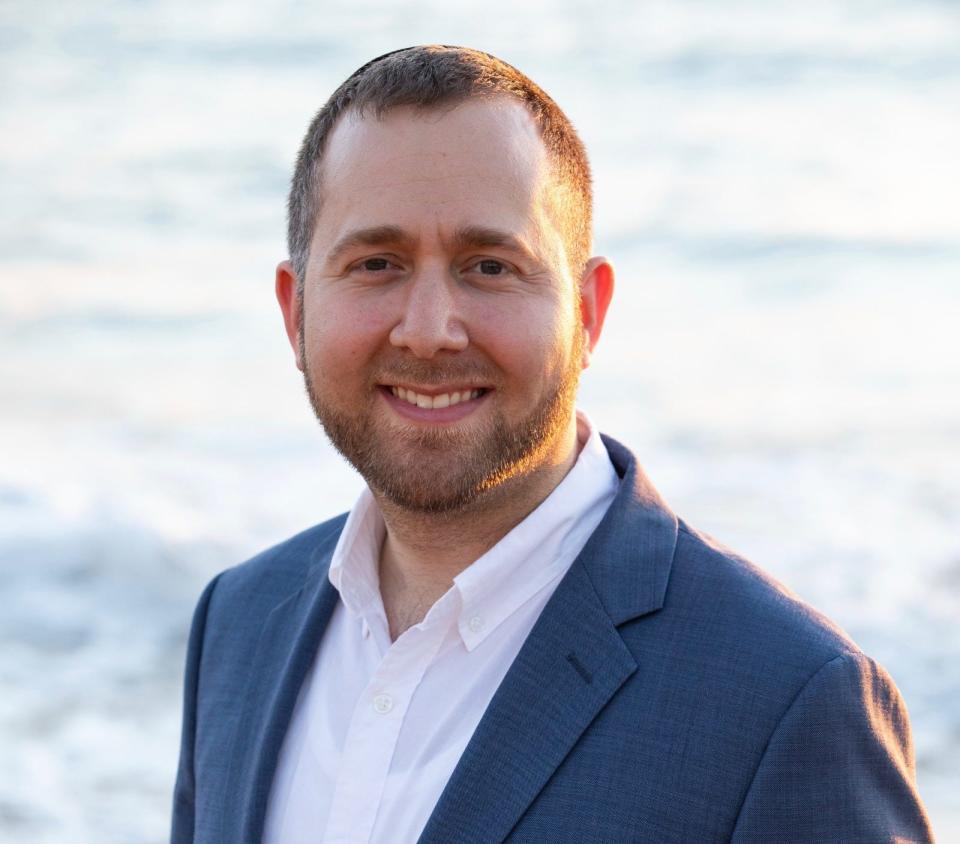The art of self-sabotage; a lesson from the Jewish holiday of Shavuot | Opinion
Many of us set out in life with good intentions to achieve noble goals and objectives, however, sometimes the very thing preventing our success is our own self-destructive tendencies. The form can certainly vary, whether it be procrastination or perfectionism to more extreme behaviors such as self-medicating or self-harm, but the result is always the sabotaging of our future ambitions.
Although most of us can admit to having engaged in self-sabotage on at least one occasion, understanding and reflecting on the motivations and behaviors that are preventing our own success are more challenging. Intriguingly, insight into this unique facet of the human condition can be found in the narrative surrounding the upcoming Jewish holiday of Shavuot, which will be celebrated this year beginning on May 25 at sundown. On the surface, the holiday celebrates God’s divine revelation to the Jewish people and their reception of his biblical commandments. But more broadly, the holiday introduces a cautionary window into the consequences to be expected when an individual allows their actions to be conquered by fear.

As the biblical narrative goes, Moses facilitated the Jewish people’s exodus from ancient Egypt by performing God's remarkable miracles on earth, suspending the laws of nature among them — like the splitting of the sea, and culminating in the group's eager anticipation of learning what lay ahead. “Shavuot,” which can be translated literally as “weeks,” is aptly named as it refers to the time frame from their miraculous escape until awaiting divine revelation. According to Jewish tradition, when the festival finally arrived God spoke to all the Jewish people directly for the first time, refuting any doubts that He was anything but the Almighty who delivered them from slavery. The uncertainty that they still felt about their futures and the weight of commitment to this new God frightened them.
When human beings experience fear, they often find themselves retreating into cycles of behavior that are familiar, and comforting, but often self-destructive.
While it is clear that the Jewish people should not have engaged in such an act of betrayal, who among us can say that we have always acted differently, never ‘worshiping false idols’ when a more virtuous option is available? Our daily lives are ripe with our own experiences that equally resonate. Maybe we cheated on an exam knowing it was wrong, let a colleague take the blame for our mistake at work, or prioritized achieving wealth and status over spending time with our loved ones. Some of us have even drowned our sorrows in drugs and alcohol while they cannot fix our problems. It is possible that many of us have done this only once, or have been doing it for decades, but the pursuit of worldly desires, the metaphorical false idols, is constantly rivaling our more noble, but often less tangible, values and ambitions.
More importantly, once we have betrayed ourselves, how do we break free? It is simple but not easy to execute. When the Jewish people were confronted with their sin, they acknowledged what they did and then practiced every day not to repeat the same destructive behavior. They, not so simply, and very consciously, refrained from doing it again.
Likewise, anyone who has overcome any serious battle with drug addiction or other reckless behavior can attest that while it is not easy, practice makes perfect.
While Shavuot may be a Jewish holiday, we can all learn a valuable lesson about battling our inner demons and engaging in self-discipline, accountability and practices that will help us achieve the ambitions we know to be truly valuable. We all have ‘false idols’ in our lives. Let us recognize them and do better.
Rabbi Benny Berlin is the rabbi of BACH Jewish Center located in Long Beach, New York. For more information, visit: https://www.bachlongbeach.com/.

This article originally appeared on NorthJersey.com: Jewish holiday of Shavuot

